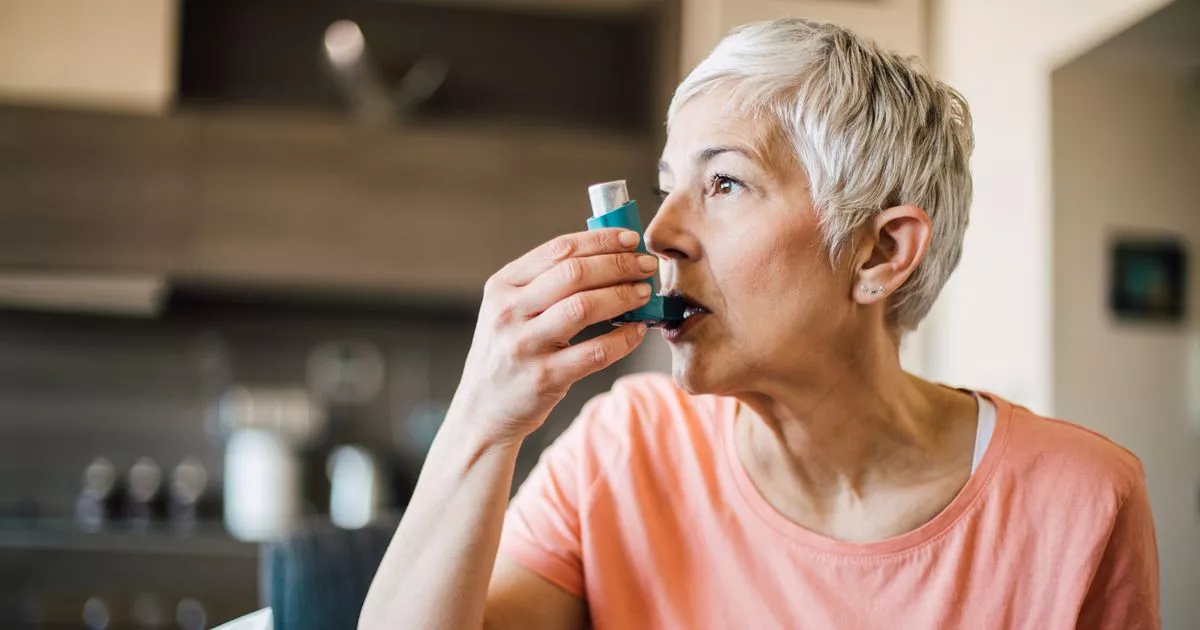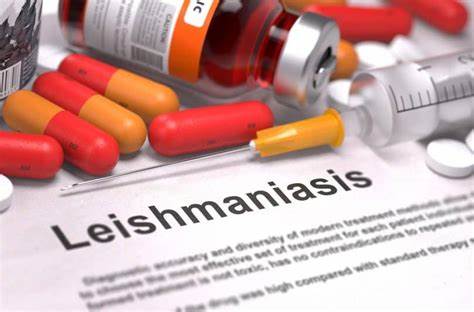In today’s fast-paced world, the significance of mental and emotional well-being is increasingly recognized. Among the factors contributing to overall health, the quality of our relationships stands out as a crucial element. Healthy relationships not only enrich our lives emotionally but also have a profound impact on our physical health. This article explores the intricate connection between healthy relationships and a healthy body, delving into how emotional bonds influence physical well-being and offering strategies to foster positive relationships.
Understanding the Connection
The Role of Stress
One of the primary ways in which relationships affect physical health is through stress management. Healthy relationships can serve as a buffer against stress, providing emotional support and comfort. Conversely, toxic or unhealthy relationships can increase stress levels, leading to various health issues. Chronic stress has been linked to conditions such as hypertension, heart disease, and obesity. Studies show that individuals in supportive relationships tend to experience lower levels of cortisol, the stress hormone, thereby reducing the risk of stress-related health problems.
Emotional Health and Physical Well-Being
The emotional support that healthy relationships provide is invaluable. When we feel understood and accepted, our mental health improves, which, in turn, enhances our physical health. Positive emotions associated with healthy relationships, such as love, joy, and security, can lower blood pressure, improve immune function, and even promote longevity. Research indicates that individuals with strong social connections have a significantly lower risk of premature death compared to those who feel isolated.
Motivation for Healthy Habits
Healthy relationships can also motivate individuals to adopt and maintain healthier lifestyles. Partners, family members, and friends can encourage each other to engage in physical activity, eat well, and prioritize self-care. For instance, couples who work out together are more likely to stick to their fitness routines. Similarly, supportive friendships can foster a sense of accountability, making it easier to resist unhealthy habits like overeating or excessive drinking.

The Impact of Unhealthy Relationships
While healthy relationships can enhance our well-being, unhealthy or toxic relationships can have the opposite effect. Here are some ways in which negative relationships can harm physical health:
Increased Anxiety and Depression
Toxic relationships often lead to feelings of anxiety and depression, which can manifest in physical symptoms. Chronic anxiety can cause headaches, digestive issues, and fatigue. Additionally, depression is linked to a variety of health problems, including heart disease and a weakened immune system.
Poor Lifestyle Choices
Individuals in unhealthy relationships may engage in detrimental behaviors, such as emotional eating or substance abuse, as a coping mechanism. The emotional turmoil stemming from a toxic relationship can lead to neglecting self-care and adopting unhealthy habits, which can contribute to weight gain and other health issues.
Sleep Disturbances
The stress and anxiety associated with unhealthy relationships can disrupt sleep patterns. Poor sleep quality has been linked to various health problems, including obesity, diabetes, and cardiovascular disease. A lack of restorative sleep can also affect mental clarity and emotional resilience, creating a vicious cycle.
Fostering Healthy Relationships
Given the profound impact of relationships on our health, it’s essential to cultivate positive connections. Here are some strategies to build and maintain healthy relationships:
1. Communicate Openly
Effective communication is the cornerstone of any healthy relationship. Be open about your feelings, needs, and boundaries. Practice active listening and validate the feelings of others. Open communication fosters trust and understanding, which are vital for emotional well-being.
2. Practice Empathy
Empathy allows us to understand and share the feelings of others. Practicing empathy can strengthen emotional bonds and create a supportive environment. Show compassion and try to see situations from the other person’s perspective. This practice can deepen connections and reduce conflicts.
3. Set Healthy Boundaries
While it’s important to support loved ones, it’s equally essential to establish boundaries to protect your emotional health. Healthy boundaries help maintain balance and prevent feelings of being overwhelmed or resentful. Communicate your limits clearly and respectfully.
4. Engage in Shared Activities
Participating in activities together can strengthen relationships and create lasting memories. Whether it’s cooking, exercising, or exploring new hobbies, shared experiences foster a sense of togetherness and belonging.
5. Support Each Other’s Growth
Encouraging personal growth is crucial for maintaining healthy relationships. Support your loved ones in their pursuits and celebrate their achievements. At the same time, pursue your interests and passions, which can enhance your well-being and contribute positively to the relationship.
6. Seek Professional Help When Needed
Sometimes, relationships face challenges that require external assistance. Couples therapy or counseling can provide valuable tools and strategies for improving communication and resolving conflicts. Don’t hesitate to seek help when necessary.
The connection between healthy relationships and a healthy body is undeniable. Positive emotional bonds contribute to lower stress levels, improved mental health, and the motivation to maintain a healthy lifestyle. Conversely, toxic relationships can lead to increased stress, poor health choices, and a decline in physical well-being. By prioritizing communication, empathy, and shared experiences, we can cultivate relationships that enhance our lives and promote better health. Ultimately, investing in our relationships is an investment in our overall well-being, allowing us to lead happier, healthier lives.














